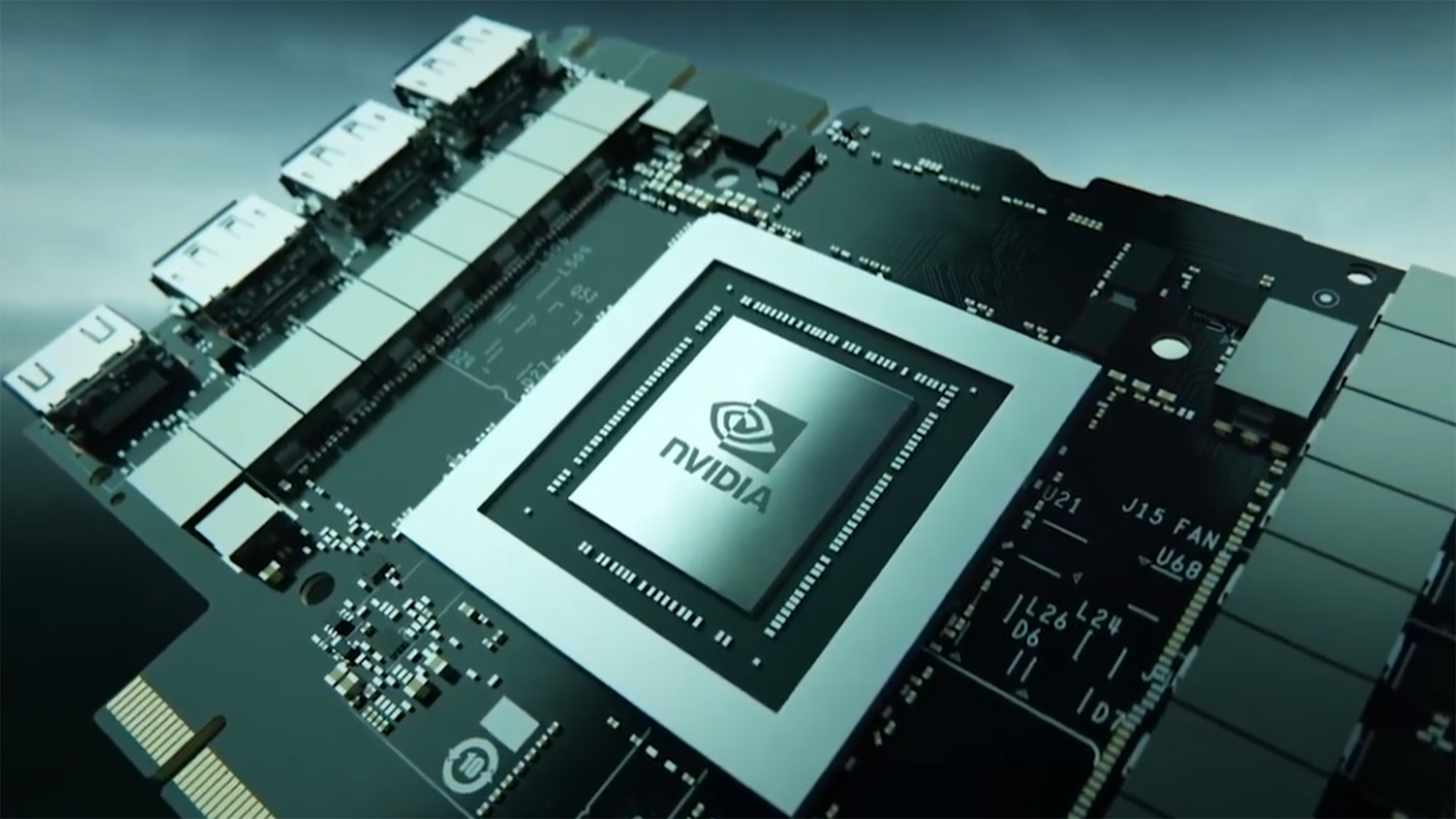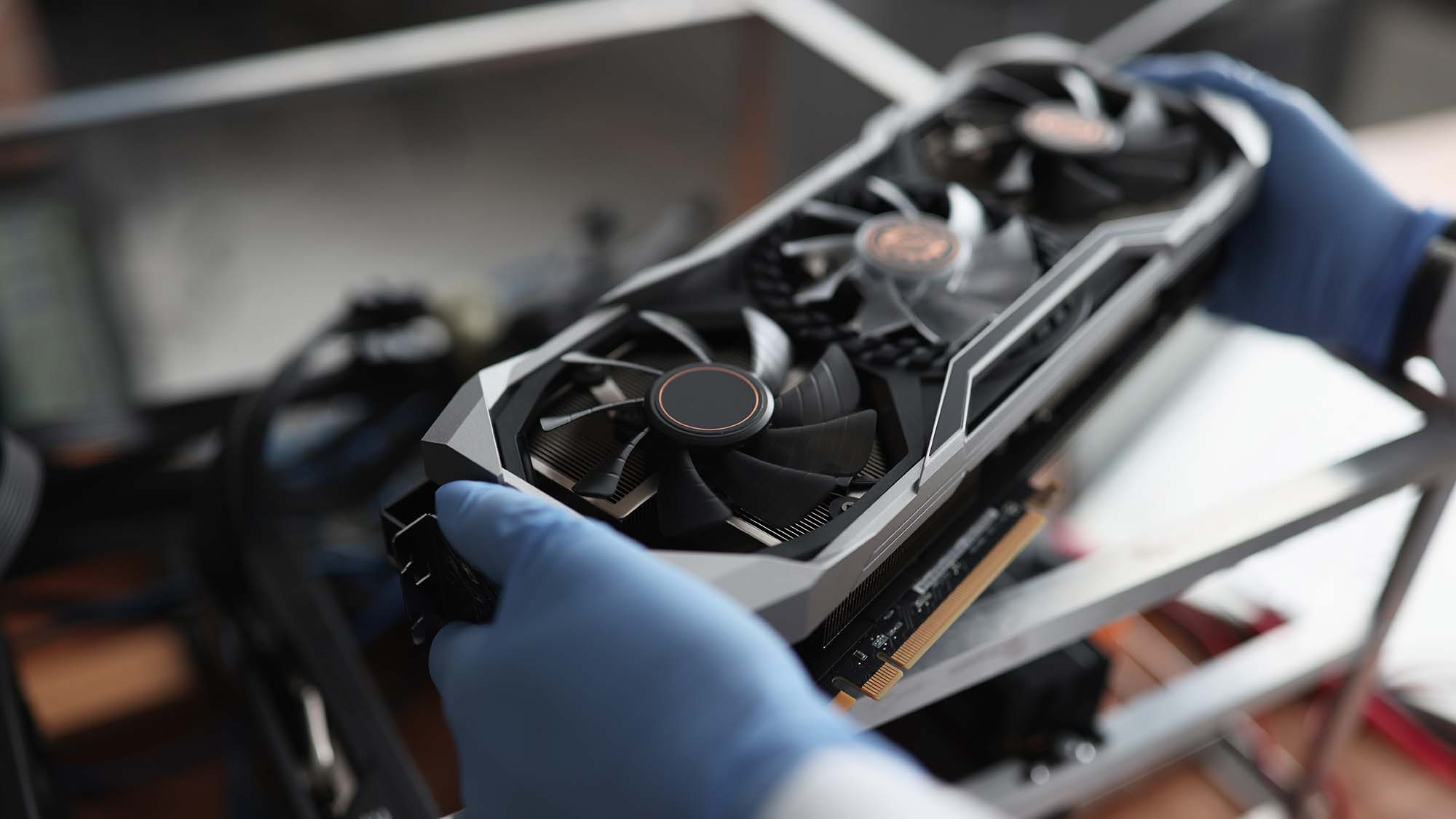Leak suggests Nvidia RTX 4080 will be a beast – but still no match for the RTX 4090
Nvidia’s run of bad luck is over if new RTX 4080 leak is true

Nvidia has had a bit of a turbulent time of late, but it looks like the upcoming GeForce RTX 4080 graphics card could get our hype levels rising again. That's thanks to a new leak, which suggests the GPU could be up to 15% faster than the RTX 3090 Ti – which was itself the most powerful graphics card in Team Green’s previous RTX 3000 generation.
The leak, which was reported by Wccftech, contains what appears to be several benchmark test results from the RTX 4080, which – if accurate – give us an idea of the kind of performance the upcoming GPU will be able to offer.
Of course, benchmark results aren’t the only indicator of performance, and we can’t verify these results. Also, if they are indeed real, the RTX 4080 may be using early pre-release drivers, which could impact performance.
Still, from what we can see here, there’s certainly cause to be excited.
Test results
In the CUDA Geekbench 5 benchmark, the RTX 4080 apparently scored 300.7k points, making it around 15% faster than the RTX 3090 Ti, and a huge 45% faster than the RTX 3080, which as the name suggests is the card the 4080 is supposed to replace.
However, the gap between the 4080 and the high-end RTX 4090 above it is pretty huge, with the 4080 said to be 30% slower than the top-spec card.
The OpenCL benchmark shows a similar pattern, with the 4080 being 9% faster than the RTX 3090 Ti, and 37.5% faster than the RTX 3080. The RTX 4090, however, is 36% faster than the 4080 in these results.
Get daily insight, inspiration and deals in your inbox
Sign up for breaking news, reviews, opinion, top tech deals, and more.
In the final leaked Geekbench 5 test, which tests how the GPUs perform with Vulkan API workloads, the RTX 4080 again beats the mighty RTX 3090 TI – but only by 5.5% this time. It’s also 20% faster than the RTX 3080, and 45% slower than the RTX 4090.
Analysis: What does this mean?

While benchmark scores, especially unverified ones for an unreleased GPU, only tell us a bit of the story, they at least give us an idea of where to set our expectations.
Looking at the performance gap between the RTX 3080 and the RTX 4080, there appears to be a big generational leap, so 3080 owners may be very tempted to buy a 4080. However, the 4080 will launch at $1,199 (around £1,050 / AU$1,790), which is a lot higher than the $699 (£649, around AU$950) the 3080 was supposed to launch at.
Of course in reality, the RTX 3080 often sold for a lot more than that, due to stock shortages, and while prices have dropped, the RTX 4080 will still be a compelling buy if it's available at face value.
The fact that the RTX 4080 appears to be more powerful than the RTX 3090 Ti is also pretty exciting, especially as the 3090 Ti is a flagship card that sold for a massive $1,999 (around £1,600 / AU$2,700).
This makes the RTX 4080 look like impressive value, albeit still expensive in its own right. However, people who splashed out on the RTX 3090 Ti are likely real enthusiasts who want the best, and the slim performance boost the 4080 offers probably won’t appeal, despite the much lower price. Instead, they’ll be looking at just how much more powerful the 4090 is, and will go for that.
For people who can’t afford the 4090, however, the 4080 could be an excellent choice that still beats any of the best 3000 series GPUs.
We’ll know more when we get in an RTX 4080 for review and run our full suite of benchmark tests. Will the 4080 be good enough to break into our best graphics cards list? With the launch pencilled in for November 16, we won’t have to wait long to find out.

Matt is TechRadar's Managing Editor for Core Tech, looking after computing and mobile technology. Having written for a number of publications such as PC Plus, PC Format, T3 and Linux Format, there's no aspect of technology that Matt isn't passionate about, especially computing and PC gaming. He’s personally reviewed and used most of the laptops in our best laptops guide - and since joining TechRadar in 2014, he's reviewed over 250 laptops and computing accessories personally.